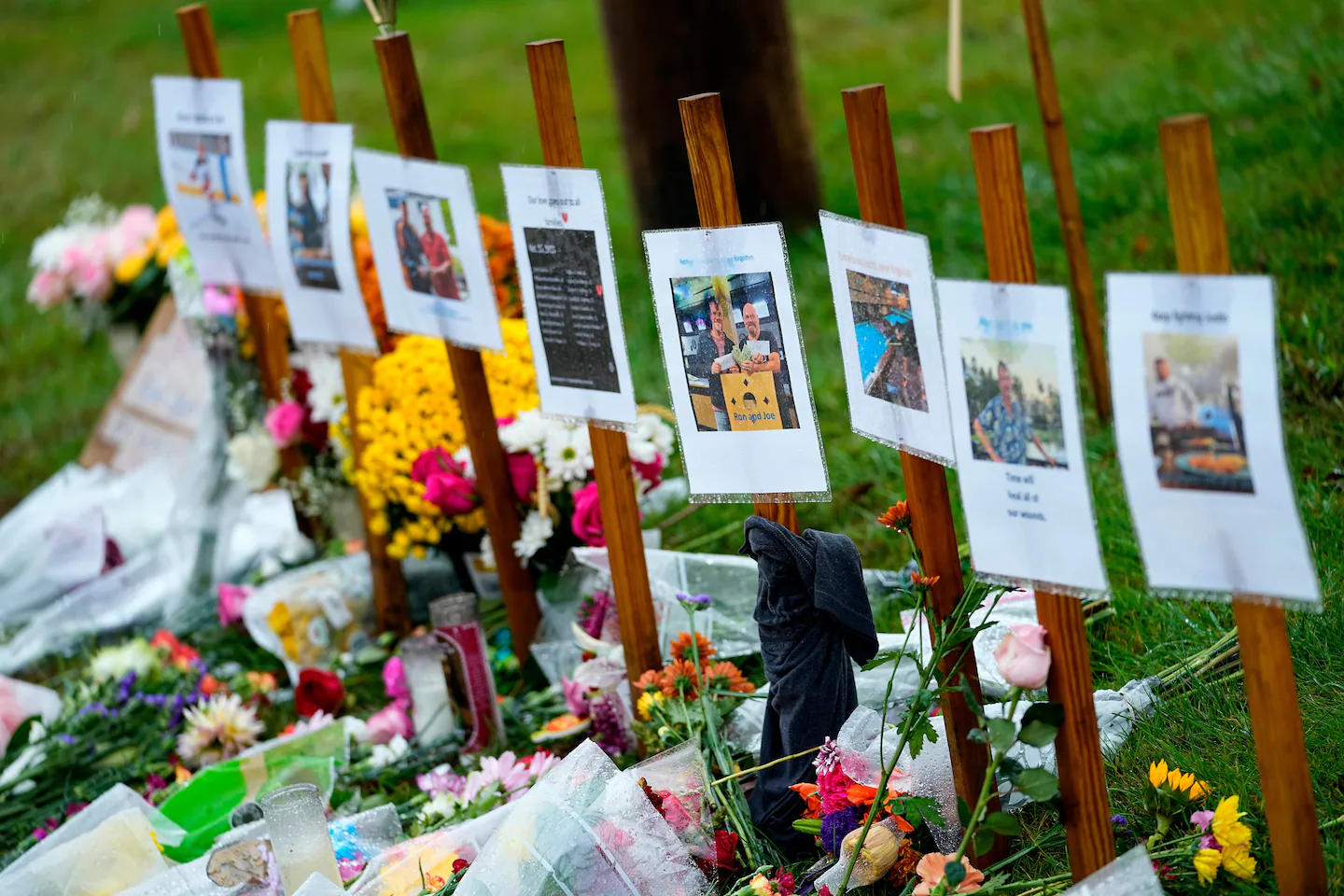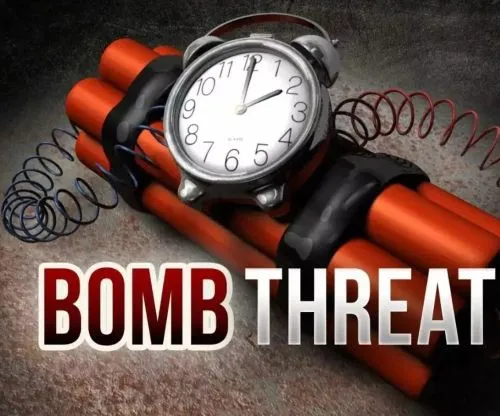Copyright The Boston Globe

Maine voters on Tuesday passed a “red flag” law that empowers families to request that a judge temporarily restrict a potentially dangerous relative’s access to guns, two years after an Army reservist opened fire on a Lewiston bowling alley and a bar and grill, killing 18 people. The new law, known as Question 2 and expected to take effect in January, builds on the state’s “yellow flag” law that allowed police officers to initiate the process by taking the person into protective custody and holding them for a mental health evaluation. Gun control proponents characterized that measure as weak and difficult to implement. Voters approved Question 2 by a wide margin, according to the Associated Press. More than 283,000 voters chose “yes” on the question to nearly 166,000 who voted “no.” Votes are still being counted Wednesday. Advertisement Nacole Palmer, executive director of the Maine Gun Safety Coalition, which sponsored Tuesday’s ballot measure, celebrated the win. “Maine voters have taken the safety of our communities into our own hands by passing common-sense, responsible gun legislation that will save lives and help keep our kids and families safe, not just from the horrors of a tragedy like Lewiston, but from the devastating impacts of everyday gun violence,” Palmer said in a statement. Maine Gov. Janet Mills, a Democrat, opposed the ballot question. She said in October that the yellow flag law was “carefully crafted” with Maine in mind and was the right law for the state. After Tuesday’s vote, Mills said in a statement she would “work with law enforcement and the public to implement this new law, along with our existing extreme risk protection law, to best ensure the safety of Maine people.” Advertisement “I sincerely hope that this measure will strengthen public safety as proponents have argued,” she said. Lawmakers strengthened the state’s existing yellow flag law after the Lewiston shooting, and police have used it more frequently in the past two years. A state commission determined last year that the Sagadahoc County sheriff’s office had sufficient probable cause to take Army Reservist Robert Card into protective custody and remove his weapons under the “yellow flag law” about one month before he carried out the shooting in Lewiston. Card had experienced a rapid decline in his mental health in the months before the massacre. His family, friends, and colleagues grew worried about his increasingly erratic behavior, anger, and paranoia, according to the commission’s report. But local police never confronted Card, despite warnings from his family that he was paranoid, had weapons, and had threatened to commit a shooting. Law enforcement officers testified before the independent commission that they had difficulty implementing the yellow flag law, which they described as cumbersome and time-consuming. This fall, supporters of the red flag law released an ad in which Arthur Barnard, father of Lewiston shooting victim Artie Strout, said the stronger law could have saved his son’s life. “People who are having a mental health crisis need help, not easy access to guns,” Barnard said in the ad. “Maine’s laws were too weak to save my son’s life. Vote ‘Yes on 2’ to change that.” In an interview Wednesday, Barnard said he considers the red flag law a measure that “equally addresses mental health and gun safety.” “Nobody knows a family member better than the family or their best friend,” Barnard said. Advertisement He said he was proud to see the measure pass with strong support and felt it honors the victims of the shooting. He includes Card among them. “The Card family lost someone, too,” he said. “Maybe if this had been in place he’d be here today, too. If they had taken him into custody with all the red flags he threw out there, maybe he could have gotten the professional help he needed. I count him as a victim of a system that let him down.” Survivors and family members of victims of the deadly shooting have sued the US Army and the Department of Defense, arguing the Army could have stopped Card. They also point to a Department of Defense watchdog report issued in September that faults the Army for a high rate of failure to report violent threats by service members. The report specifically mentions Card, who died by suicide two days after the shootings. It says failure to consistently report violent threats “could increase the risk of additional violent incidents by service members, such as what occurred with SFC (Sgt. 1st Class) Card.” Material from the Associated Press was used in this report. Nick Stoico can be reached at nick.stoico@globe.com.



